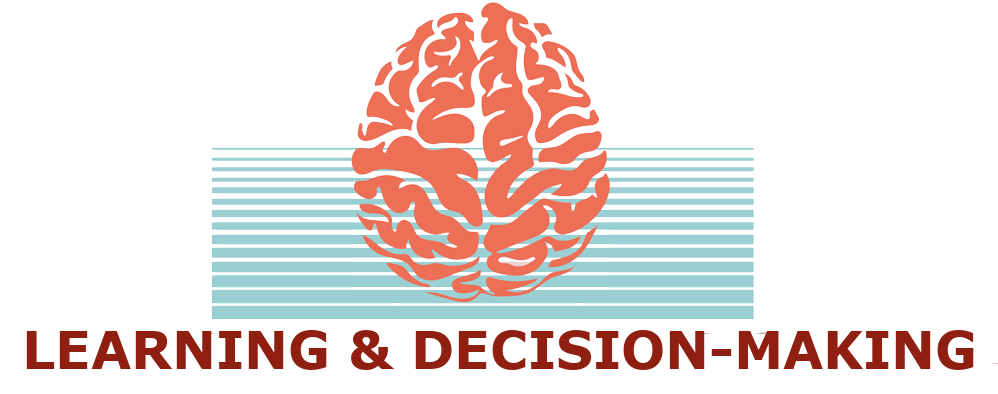New paper by Johannes in Learning & Memory Journal
Congratulations to Johannes for yet another publication, this time in the Learning & Memory Journal: “High stakes slow responding, but do not help overcome Pavlovian biases in humans”.
High stakes slow responding, but do not help overcome Pavlovian biases in humans” is now available in the Journal "Learning & Memory". In this study, Johannes used the Motivational Go/NoGo Learning Task he has been using throughout his PhD. In this task, participants need to learn to perform Go actions (button presses) or NoGo actions (no button press) to obtain rewards or to avoid punishments. Participants typically find it easier to perform Go actions to obtain rewards, but easier to perform NoGo actions to avoid punishments, a tendency called "Pavlovian bias". In this study, Johannes tested whether the magnitude of rewards and punishments ("stakes") influenced the size of the Pavlovian bias. He found that the bias occurred similarly for both high and low stakes. However, for high stakes, participants were quite a bit slower in their responses. This might show that, for high stakes, participants try harder to suppress their bias, but don't manage; instead, they merely lose time before responding. Johannes used a recently developed computational model, called reinforcement learning drift-diffusion model (RL-DDM), to show that the stakes really only affected response times, but not what participants eventually did.
If you are intrigued, you can read the entire paper here, and you can even access and play with the data and code from the experiment!
